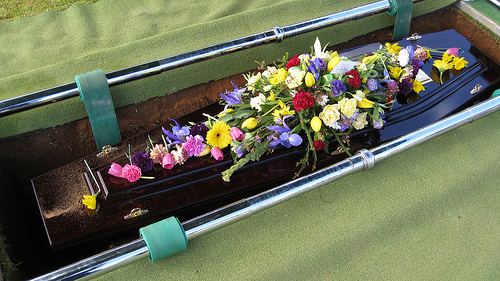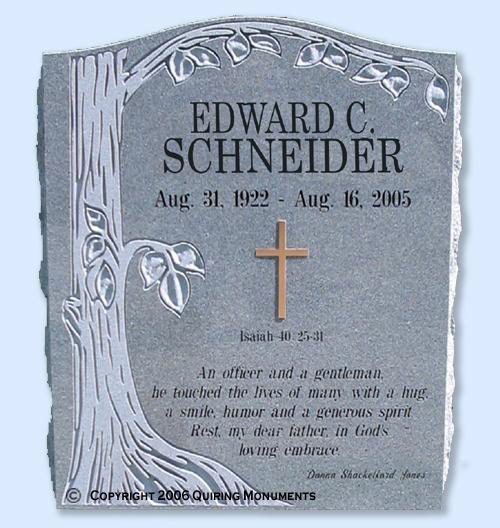Talking About Death and Funeral Planning
Death and Funeral Planning
Why are Funeral Planning and Death
Considered Taboo Conversations?
There are few things in life that are certain, but one thing that can be relied upon is that we will all die. Although death is an absolute certainty for every single one of us, society at large still seems to find it difficult to discuss funeral planning, death and dying. Death has always been something of a taboo subject, but even in these relatively enlightened times it is still a topic that causes some to react with disgust, fear or denial.
As a result, to plan a funeral for yourself or a loved one can be tricky at best. It is important that everyone gets the kind of funeral plan that respects their beliefs and wishes. However, if these are not discussed in advance, it is difficult for those left behind to know how the best ways to handle these difficult decisions after a person has died.
Fear of Death and Dying
It’s understandable that, as a species intent on survival, we are reticent about discussing our inevitable demise. Fear of death can encompass a number of things including concerns about grief and loss, worry about pain or suffering, fear of the unknown, and bereavement. There is also the sense that in death, things that an individual values such as family, friends and loved ones will be lost.
Many people have superstitious beliefs concerning death and dying that can hinder their willingness to talk about their end of life plans and preferences – and what should happen after they’re gone. The belief that talking about death is somehow “tempting fate” or will hasten death is common and will cause problems with making clear plans for what should happen after death.
Some deaths are more predictable than others, and those people who are diagnosed with a medical condition with a prognosis of shortened life may be in a better position for terminally ill planning since they have “some” idea of how much life they have left. Still, even those people for whom death is imminent may not wish to talk about it.
Death and Money – The Perfect Storm of Taboos
If there is one topic that draws an equal amount of discomfort for open discussion, it is an individual’s personal financial affairs. In working through a funeral planning checklist, the subjects of money and death are brought together in a clash of two of the strongest taboo subjects for discussion in polite conversation.
According to AARP, today’s average funeral costs can run upwards of $10,000. Clearly this is no small consideration when facing things like funeral estate planning and finding the money to pay for the essentials after a death. In addition to adding the stress of finding this money to the worry about doing the right thing, you also have the drawbacks of not discussing how to plan your funeral with loved ones when the opportunity has always been available. So these drawbacks significantly outweigh the discomfort of talking about things that are often left unsaid.
An Open Conversation About Death
Although it is hard for some people to talk about dying, it is an extremely important conversation to have. Without an understanding of what a person’s wishes are for their end of life funeral arrangements, families can be left in a difficult position of trying to second guess what their loved one would have wanted after their death. Don’t leave it too late to have the conversation.
If you preplan a funeral, it gives you the opportunity to talk about preferences, funeral costs, and the way in which you want to be remembered. This includes even the little details such what you want to say in your obituary, what kind of memorial service you would like, what to put on your monuments or head stone, or even new memorial technology for gravestones.
Getting your funeral plan, preferences, and finances in place early means that both the dying person and the family left behind have the peace of mind to knowing that the right thing was done, and the funeral plan and money are available to ensure the deceased’s wishes are fulfilled.
Conclusion
Death and dying is one of the final taboos for discussion in our society. However, making sure that everyone is clear about what they want in death and their wishes for their funeral can bring peace of mind to all concerned.
Article contributed by Memorials of Distinction






